CONTACTStaffCAREER OPPORTUNITIESADVERTISE WITH USPRIVACY POLICYPRIVACY PREFERENCESTERMS OF USELEGAL NOTICE
© 2024 Pride Publishing Inc.
All Rights reserved
All Rights reserved
Scroll To Top












![]()
By continuing to use our site, you agree to our Private Policy and Terms of Use.
Two trans women in Mumbai
Transgender people have been a part of India’s culture for 4,000 years. Although not directly corollary with American understanding of transgender identity, the colloquial term “hijra” encompasses cross-dressers, eunuchs, intersex people, and transgender individuals. India’s history with hijra communities goes back millennia, to when hijras were revered as a faith group, performing special ceremonies and rituals. But in modern times, however, this small segment of the population has endured a steady decline in religious respect and a rise in discrimination.
Even after India’s historic Supreme Court ruling of 2014, which recognized transgender people as a third gender and assured them equal voting and employment rights, hijras seem to be fighting the same uphill battle.
Meetu (above right) is a 32 year-old hijra living in Mumbai. "I always wanted to study and become a police officer but never got an opportunity to live my dream," she says.
Faced with poverty and systemic discrimination, many hijras are forced to seek work in the commercial sex industry, as street entertainers, or as beggars.
"In the day we go around the shops and beg," says Pooja (pictured left). "They give us 10 rupees each and we go away. Sometimes we dance at weddings and festivals. We can get good money from that."
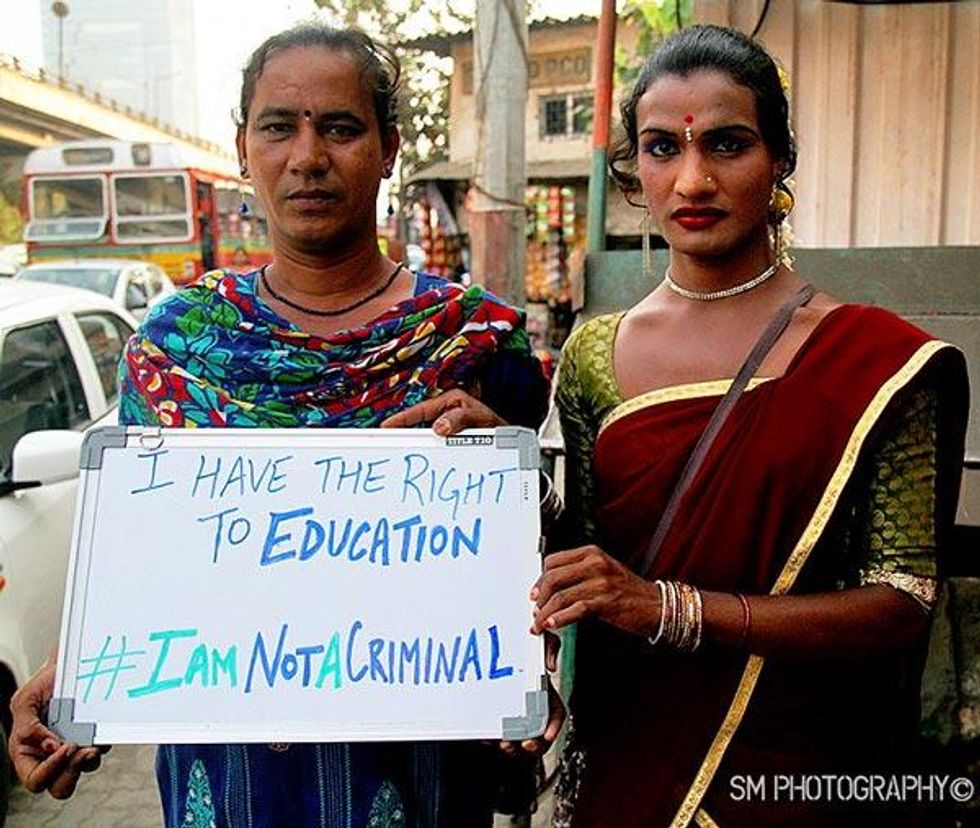
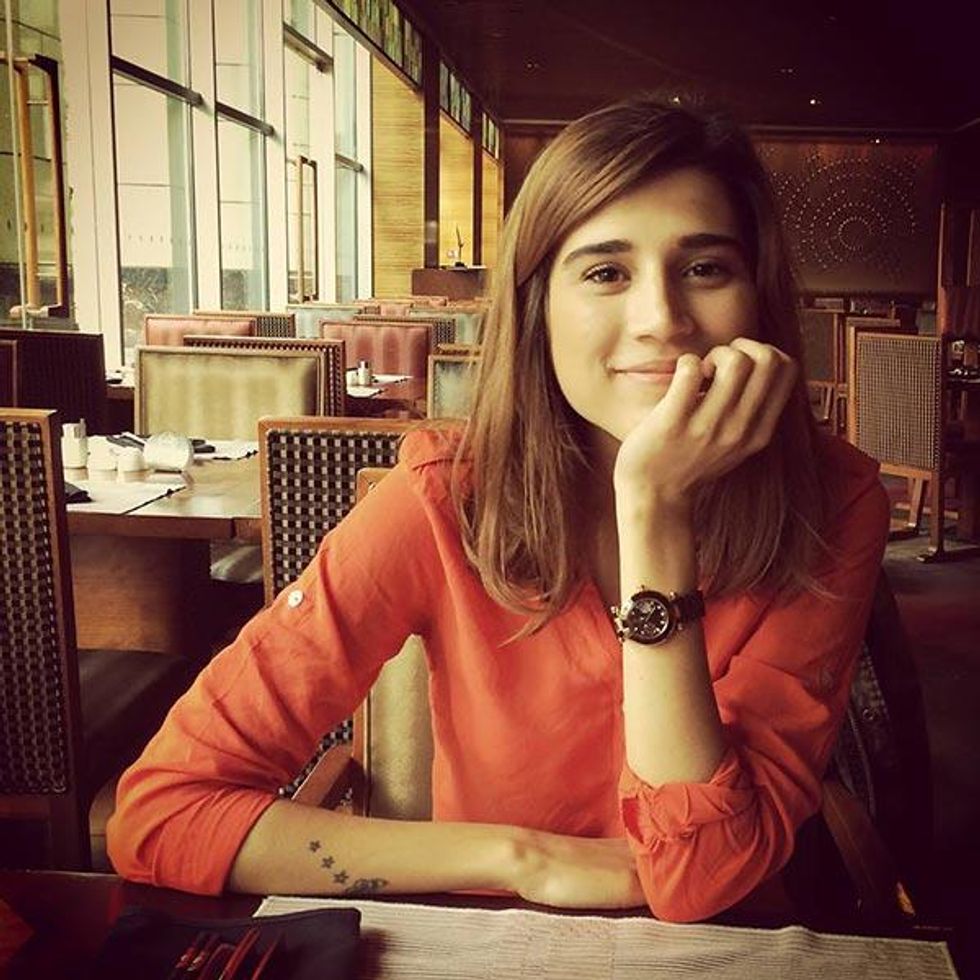
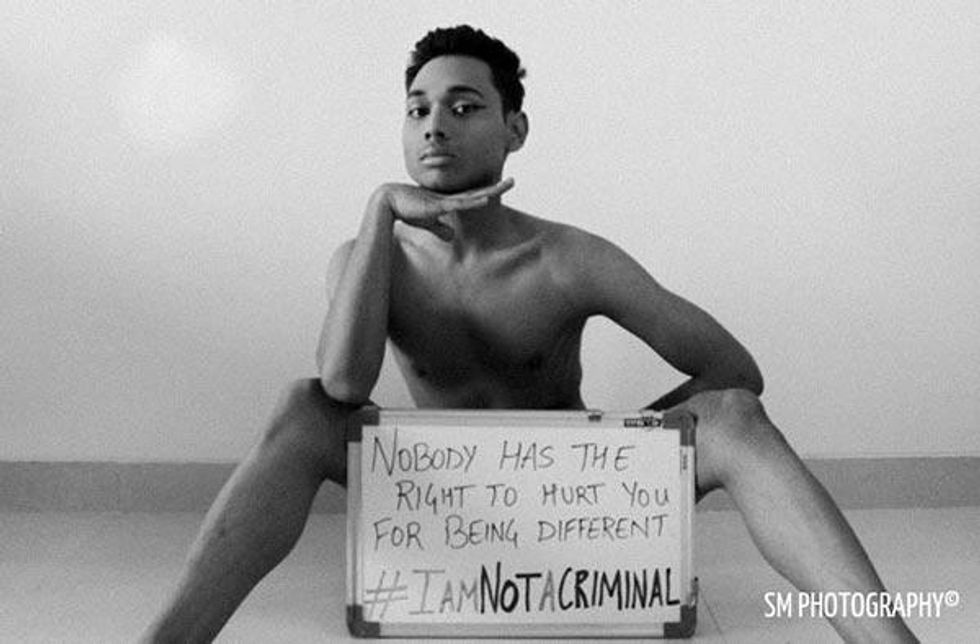
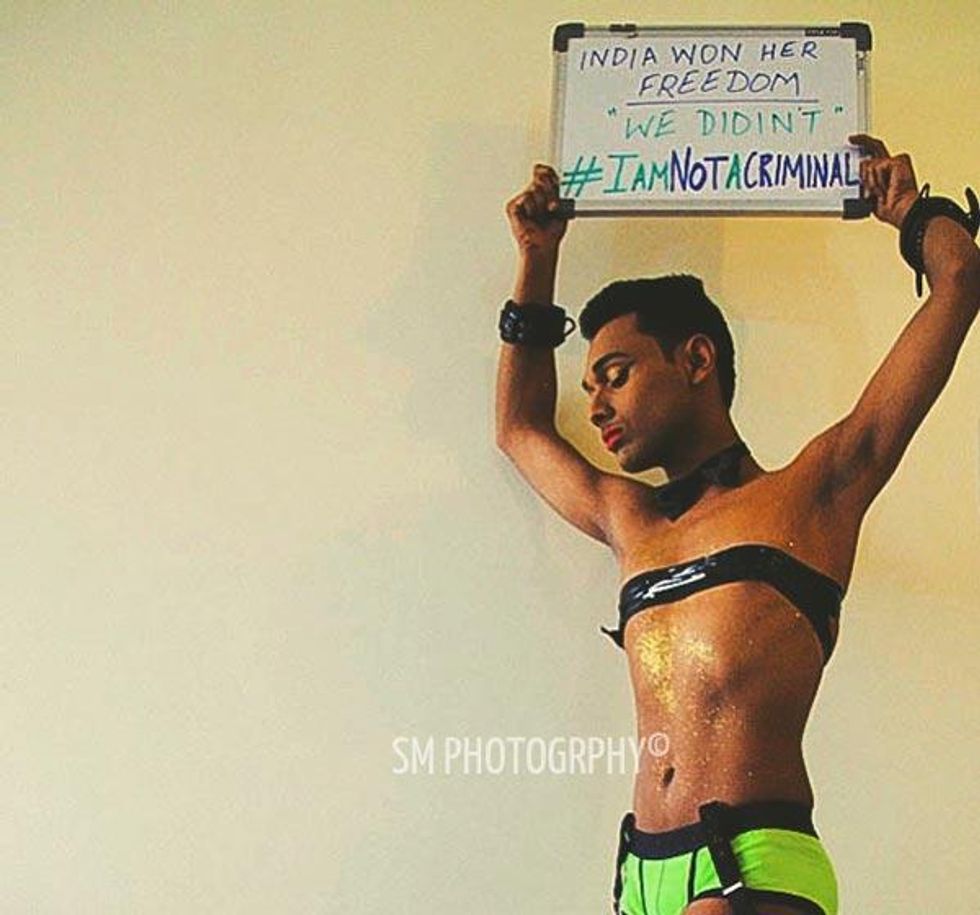
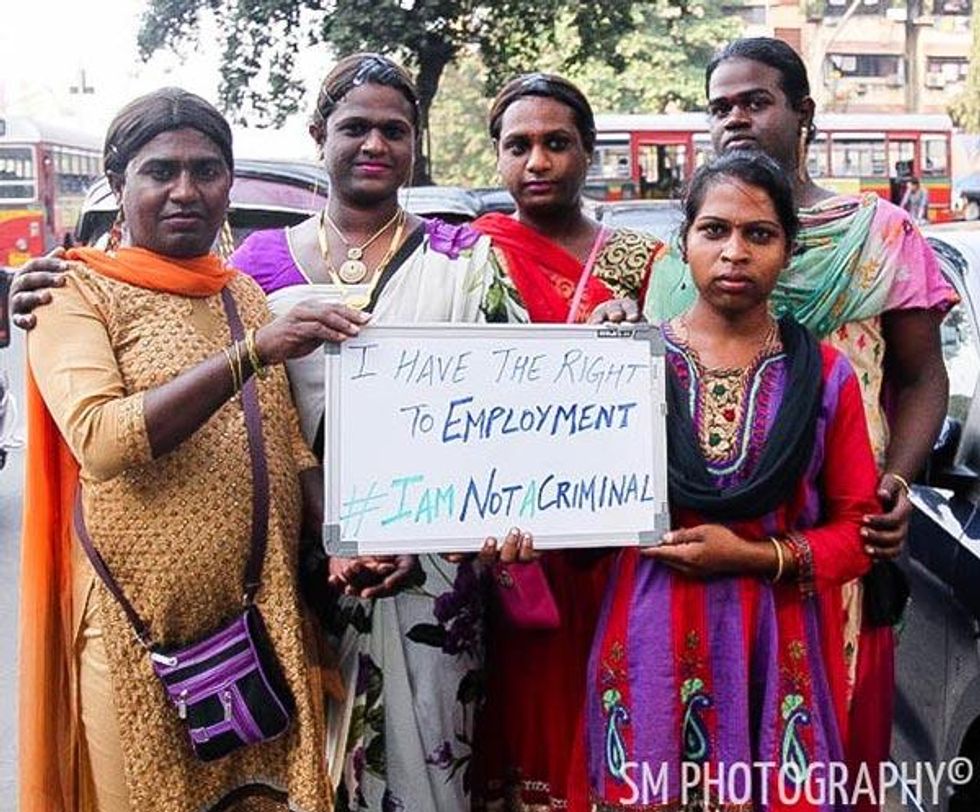
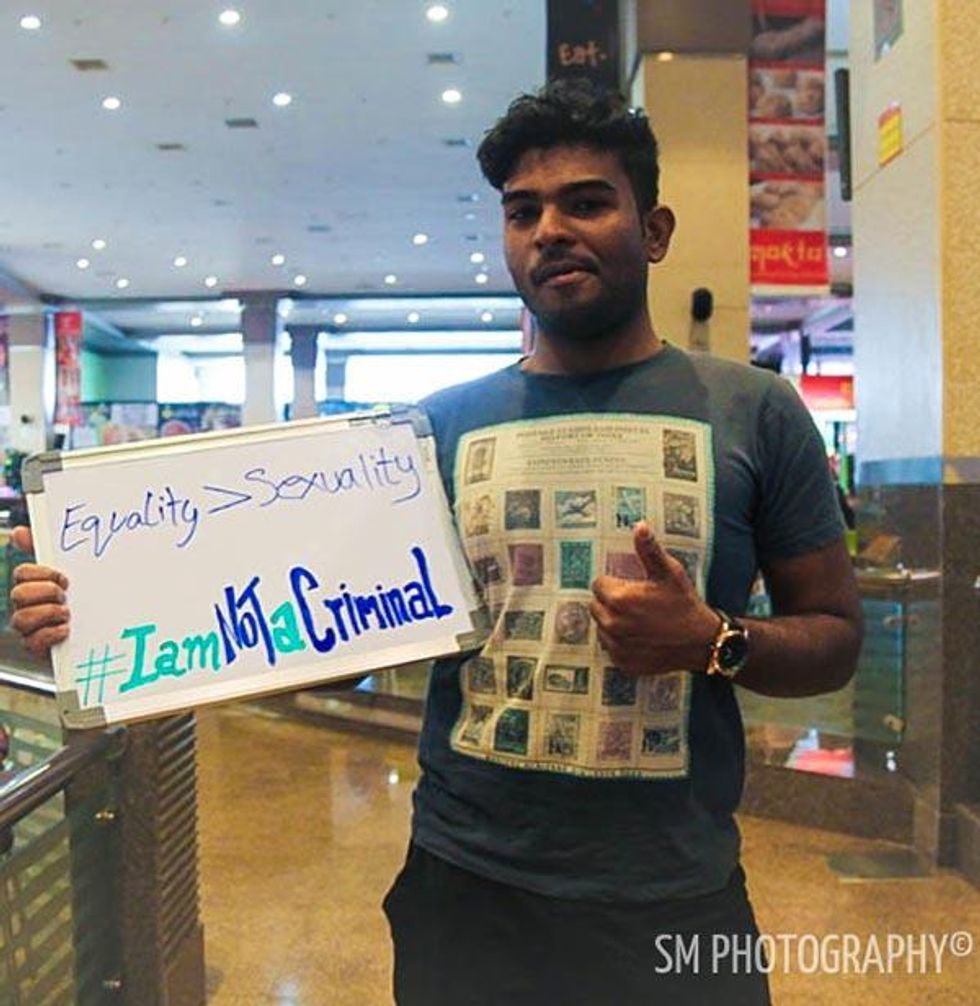
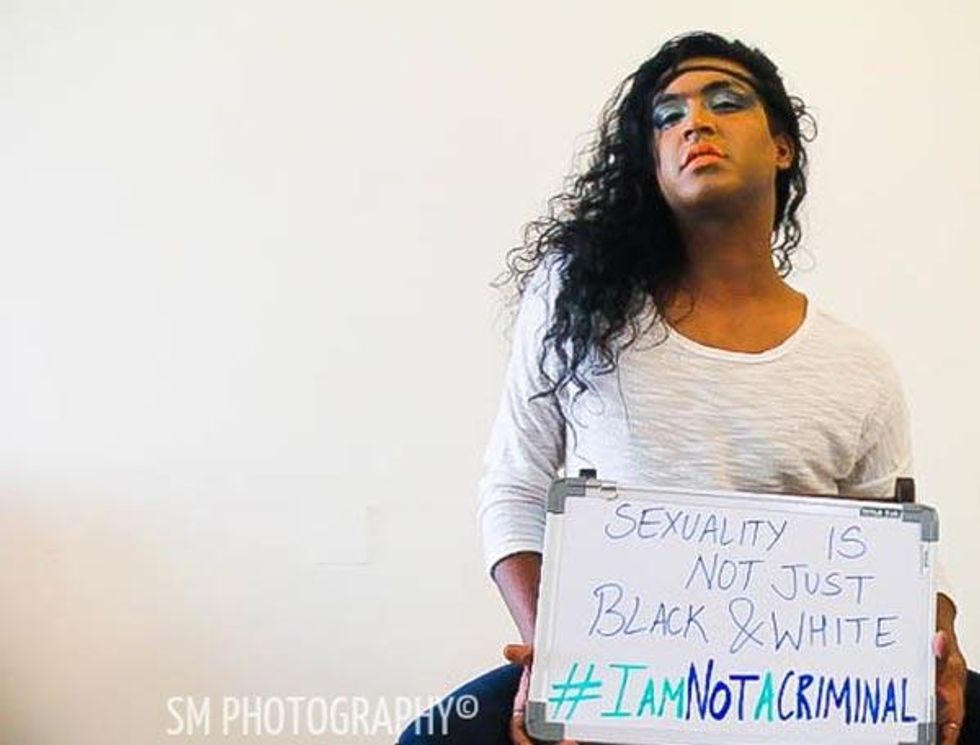
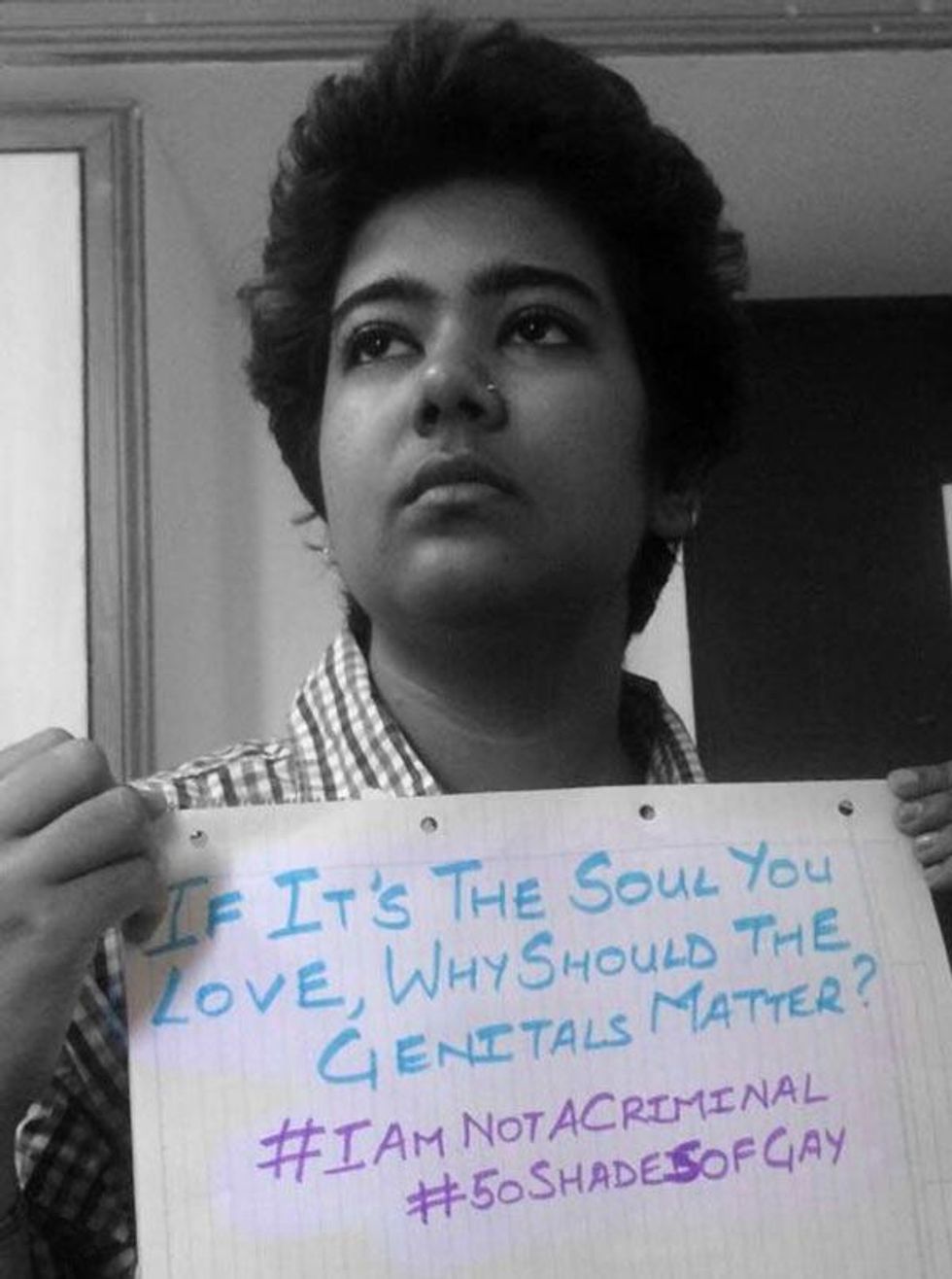
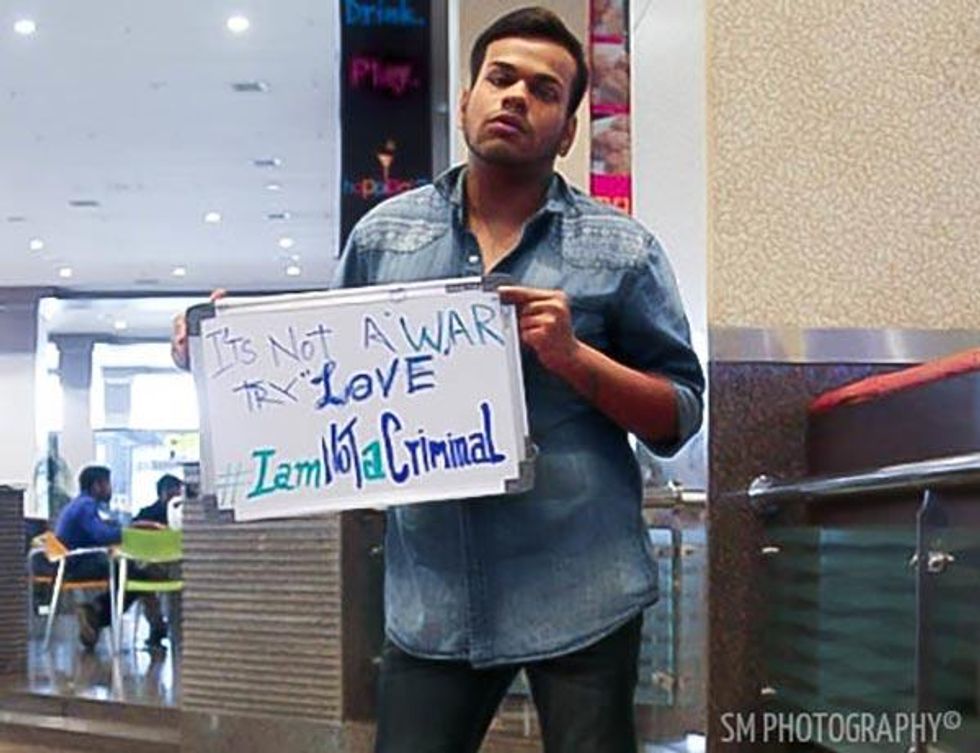
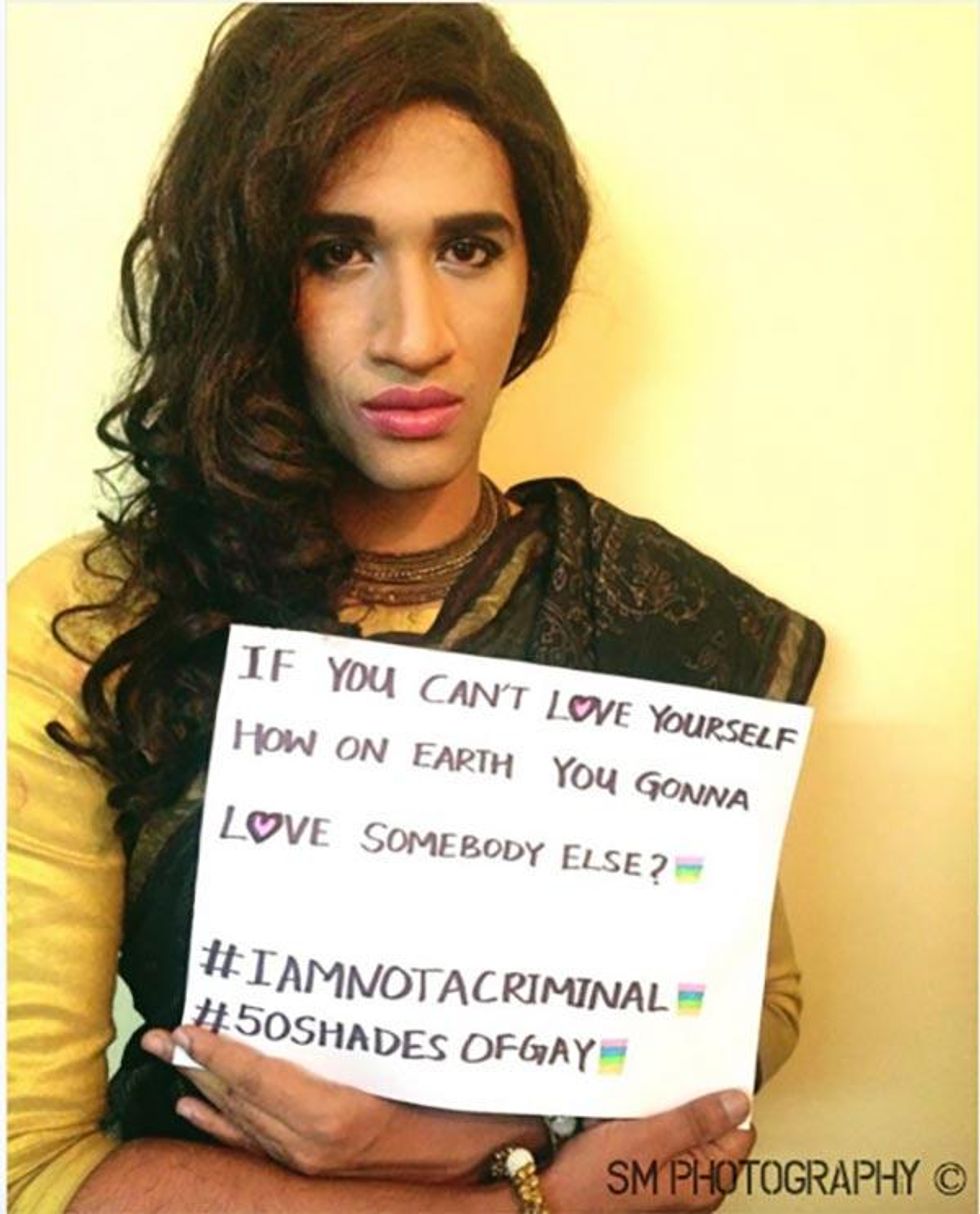
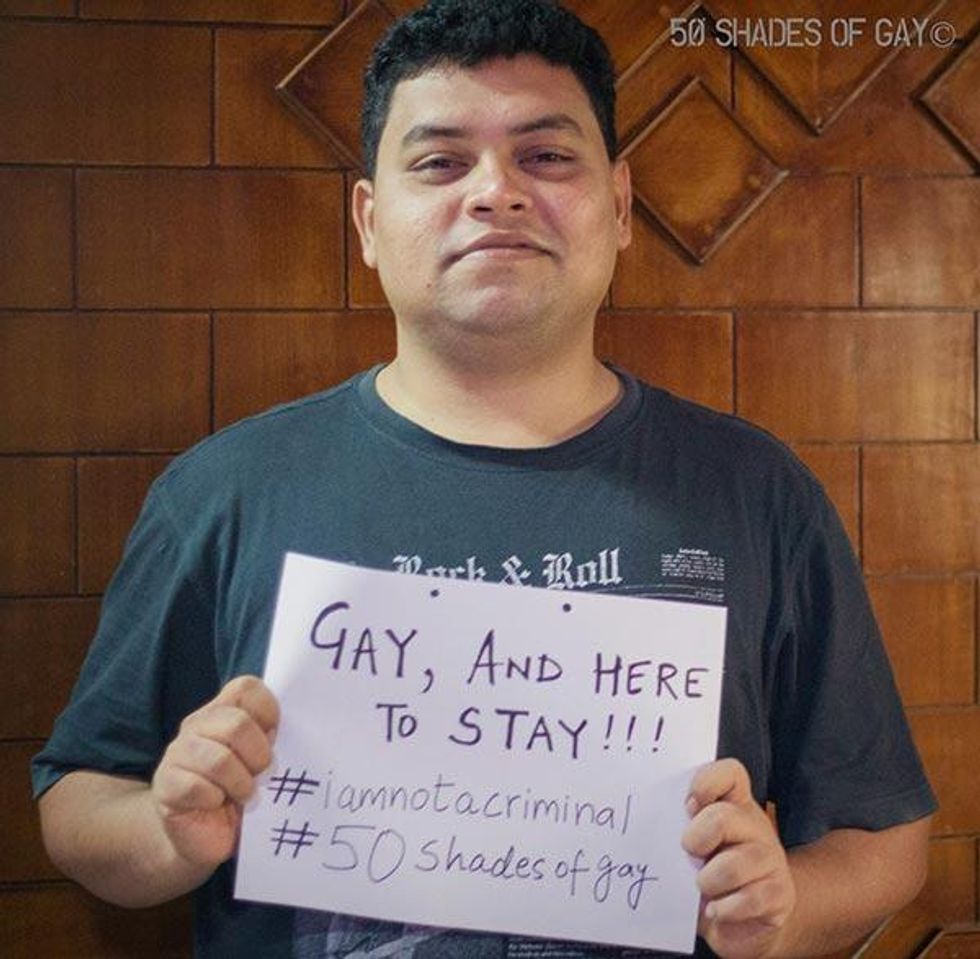
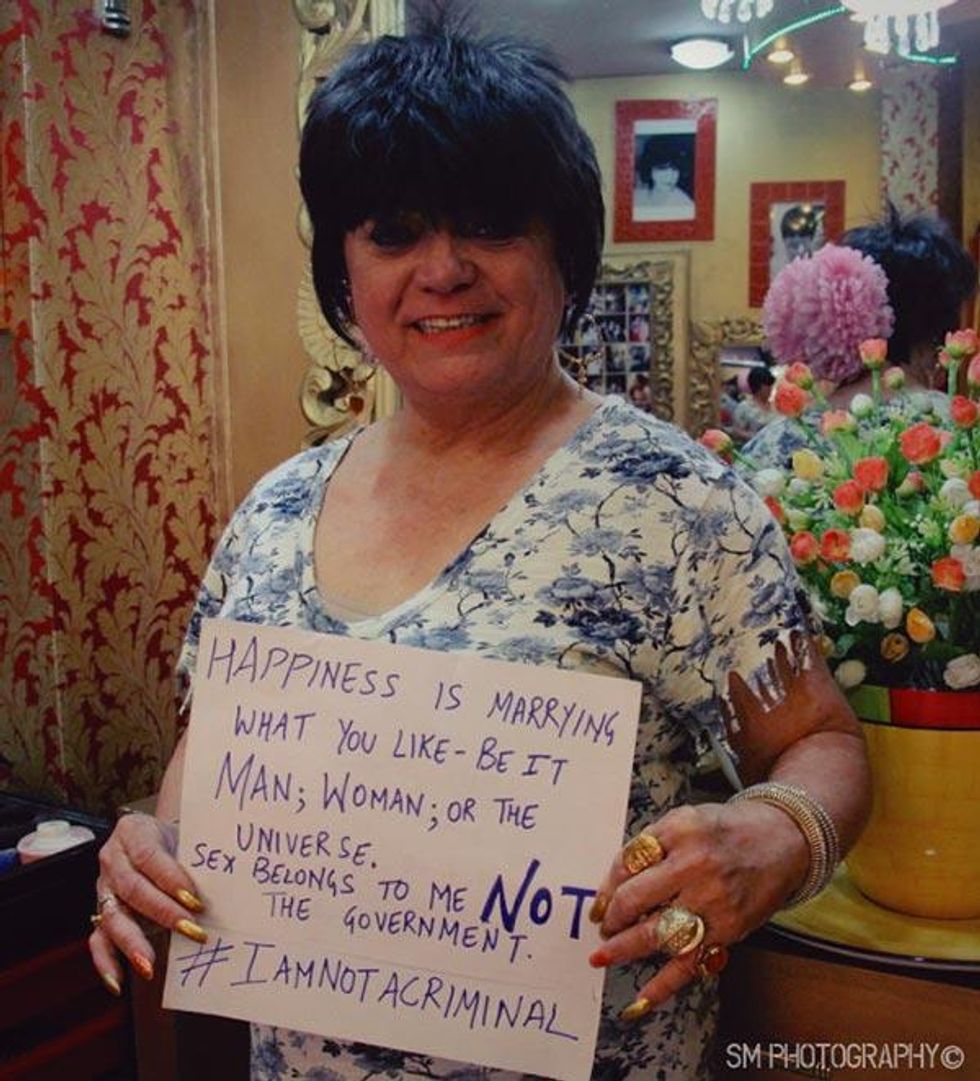
 Replay Gallery
Replay Gallery 




